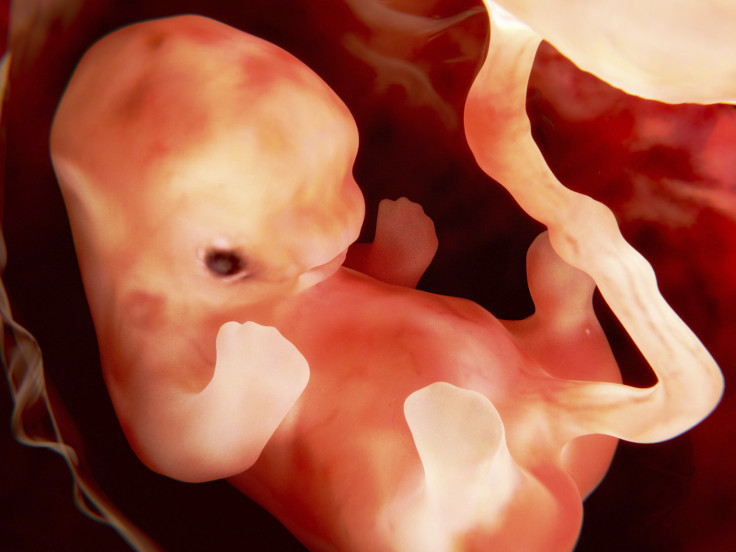Here is why having older brothers increases your chances of being gay
A Y chromosome protein may play a part in affecting the sexuality of younger brothers.

A new study has discovered a biological reason for why many men with elder brothers tend to be gay. Researchers had previously noticed a correlation between having older male siblings and homosexuality but now, scientists at the Brock University in Canada have managed to trace it to time spent in the womb.
"Gay men have, on average, a greater number of older brothers than do heterosexual men, a well-known finding within sexual science. This finding has been termed the fraternal birth order effect," a paper published in the journal PNAS on 11 December, states. "Our study is a major advance in understanding the origins of sexual orientation in men by providing support for a theorised but previously unexamined biological mechanism — a maternal immune response to a protein important in male fetal brain development."
According to the study, when a woman is pregnant with her first male child, a protein linked to the Y-chromosome (NLGN4Y) is released that is required for the development of the baby's brain. However, the protein, being alien to the mother's body, gets treated like a foreign substance on entering her blood stream. Her immune system creates antibodies to target it and could make their way through the placental barrier when she gets pregnant with another male child. The antibodies, if enter the brain of the second male fetus, may alter brain structures underlying sexual orientation and may influence relative sexual/romantic attraction to others of a particular sex.
The researchers studied plasma from mothers of sons, about half of whom had a gay son, and compared their findings with samples from women with no sons and men. The samples were analysed for male protein-specific antibodies and was found to be higher in gay men with older brothers. In total, 142 women and 12 men, aged 18 to 80, participated in the study.
Anthony Bogaert, lead author and professor in the departments of psychology and community health sciences at Brock University, said, "I wouldn't say we've solved the fraternal birth order effect puzzle, but we are getting close to finding a mechanism."
The research team hopes the results can be replicated with further testing to prove a biological connection with sexuality.
"It is significant, and I believe science granting agencies should put a high priority into additional research to see if this is true," J Michael Bailey, a professor in the Department of Psychology at Northwestern University, said of the paper.
"This is a very important study because it provides a plausible mechanism to explain the fraternal birth order effect, perhaps the most firmly established phenomenon related to human sexual orientation," Marc Breedlove at Michigan State University added. "Given that the protein is known to be important in synapse formation, you can see how maternal antibodies might affect the wiring of the foetal brain, and that might explain why each subsequent son is more likely to grow up gay."
While the discovery is a breakthrough in the field, the small size of the test group could pose a challenge to the results. Bogaert's team based their work on the "fraternal birth order effect", however, other studies have not been able to find a link between elder brothers and their gay younger siblings. One even suggests that being separated from an elder brother increased chances of being gay.






